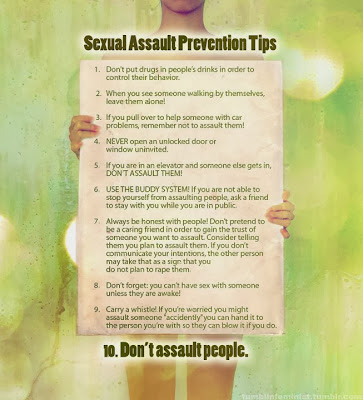Caught in the Middle
Divorce is fairly common in our society. For every two couples that get married this year, a third couple will get divorced. According to the National Center for Health Statistics, more than 800,000 couples divorced in 2014. While the divorce rate among couples who have children together tends to be lower than childless couples, 40% of divorcing couples do have children. This fact results in nearly half of all children experiencing the divorce of their parents (Larson, The Huffington Post, 2011.) 25% of those children will experience a high conflict custody battle (Maccoby and Mnookin, 1992.) This percentage does not include those children facing high-conflict custody whose parents were never married.
Divorce is always stressful for every child, even when, in the long run, it is the healthiest choice that could be made. For those children handling a high-conflict custody situation, the stress is even greater. There is a loser (or losers) in every custody battle. Regardless of which parent is awarded primary custody or what the visitation terms end up being, the children always bear the brunt of the battle.
The first step in minimizing the stress to your child is to take a step back and examine your own motives. Is the next step that you are contemplating in your custody battle really in the best interest of your child? It is very easy to get caught up in the negative emotions and power plays between you and your former spouse. Take a minute and step outside yourself. Put aside your own desires. Put your best effort into seeing the situation through the eyes of your child. Is the possible outcome of this custody motion really worth the stress to your child and you (not to mention the valuable resources of money and time?) Are there other ways that you can achieve the overall goal (your child’s safety and well being) and avoid yet another court involvement?
While dealing with an ugly custody situation, you will need support for yourself. Get your emotional support from trusted adults. It is not a role for your child to fill. Even though your child may seem mature enough to handle it, the fact remains that he or she is still a child and is handling his/her own stress. Always be sure to discuss your concerns related to the custody matter out of the earshot of your child. Having them overhear your conversation is almost as difficult for them as being the direct sounding board.
Be sure to keep your child out of the middle. Find ways to get messages to the other parent that do not involve your child. Also remember that a child will naturally defend their parent. Avoid making negative comments about the other party. If your child has something negative to say, let them. Validate their feelings and help them find a way to handle the situation. Just listening to them is sometimes exactly what they need.
Keep the lines of communication wide open. Take an interest in their time away from you while avoiding an interrogation. Try saying something like “Tell me about what you did that was fun.” Use the same tone and mannerisms that you might if you were saying “Tell me about what you did at school today.” Allow them to share what they choose. Follow this exchange with appropriately sharing what you did while they were away. Keeping the conversation casual and pressure free makes it more likely that your children will be more comfortable in talking with you should an area of concern arise.
Following the few simple guidelines outlined above will go a long way in assisting your child in coping with what can be an extremely stress inducing experience. Be the loving and nurturing parent that you want to be, regardless of the behaviors of your former partner.
Written by Crystal F., Child Advocacy Coordinator
Written by Crystal F., Child Advocacy Coordinator




Comments
Post a Comment